Liverpool’s greatest ever goalscorer surpassed Roger Hunt’s record of 286 goals in a 2-2 draw with Man United in 1992, and then went on to make his tally all but insurmountable.
Despite the glory and accolades which awaited Ian Rush come the end of his Liverpool career, adverse beginnings came the way of the Welshman.
Signed from Chester in 1980 for £300,000, which was a transfer record for a teenager across the world at the time, Rush’s chances in his first full season at first-team level were few and far between.
He had struggled to settle and approached Bob Paisley, where he demanded a chance in the first team or he would look to make a switch – and the Reds boss would grant his wish to be transfer listed.
Rush went on to score five goals in his first four games in the reserve side as Paisley’s bluff paid dividends, as the intention never was to let him leave.
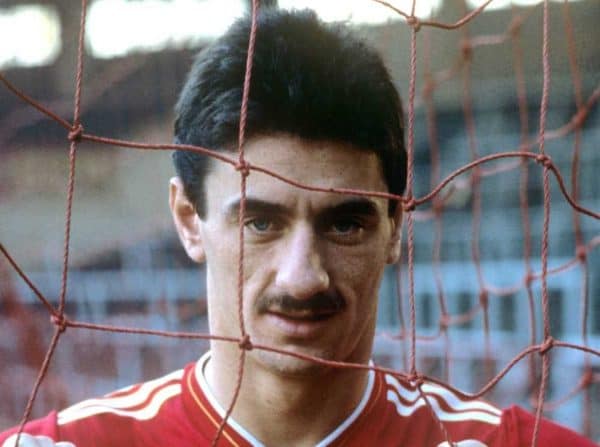
A debut goal came at Anfield in the European Cup clash against Finland’s Oulu Palloseura in September 1981, when he emerged from the bench as the Reds ran out as 7-0 victors.
The floodgates then opened as an opportunity in the way of an injury to David Johnson saw Rush provided the platform to establish himself as a regular in Paisley’s side.
A total of 30 goals in 49 appearances came the way of Rush in 1981/82, which included a goal at Wembley as Liverpool clinched their second League Cup in a season where the 13th league title was secured.
In 1982/83, the season of another double. Rush formed a deadly partnership with Kenny Dalglish, earned himself the nickname ‘The Ghost’ and famously scored four against Everton at Goodison Park – which was immortalised in the form of an extra very in “Poor Scouser Tommy.”
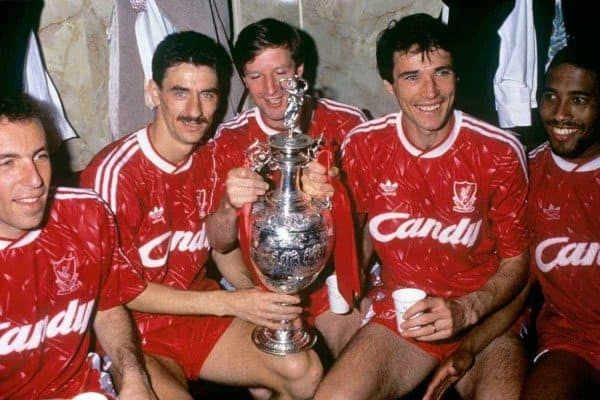
The following season saw Rush hit even greater heights, netting 47 in a campaign which saw him awarded the Gold Boot, the first British player to ever win it, and smash Hunt’s club-recover of 41 goals in one season set back in 1961/62.
And it would not be the last time Rush surpassed Hunt in the goalscoring stakes.
While 1983/84 had brought with it the treble, but after the conclusion of the 1985/86 campaign, Liverpool announced that their goalscoring machine would be joining Juventus the following summer.
The news was not welcomed by supporters but he refused to take his foot off the gas in what was set to be his farewell tour, breaking the 40 goal barrier for the second time in his career.
Rush left with a staggering 207 goals to his name in 331 appearances, a tally he would soon add to once more after returning to Anfield having failed to settle in Turin.
He hit the ground running and continued exactly where he left off, striking fear into teams up and down the country and in Europe as he continued to score for fun, with Everton remaining at the top of his hit list – he would finish his career with 25 against the Toffees.
The 1989 FA Cup triumph saw him net a brace from the bench against Everton which saw him overtake Dixie Dean as the most prolific derby goalscorer, while another finish as the club’s top goalscorer (26) came in 1990/91.
The end of Kenny Dalglish’s run as manager saw a downturn in Liverpool’s form, but Rush continued to do what he did best and in October 1992, he netted his 287th goal for the Reds in a 2-2 draw against Man United to make him the club’s all-time top scorer.
It meant he surpassed the great Hunt, a feat he was in disbelief over:
“Obviously I am proud and privileged to have beaten the record of a great player like Roger Hunt. He was my father’s hero.”
The captain’s armband would come Rush’s way in the autumn of 1993 at a time where a new strike partner emerged in a young Robbie Fowler and his career at Anfield was coming to a close.
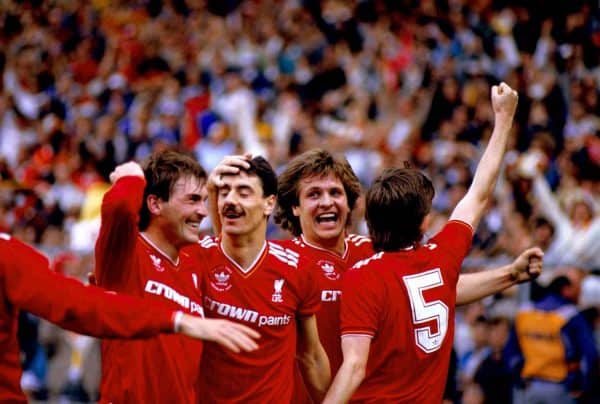
His second spell came to a close with a further 139 goals added to his career tally in 329 games, a return which saw his total reach a staggering and record-shattering 346 goals.
The tally is 61 more than next-best Hunt, 160 more than fifth-placed Steven Gerrard and 255 more than Liverpool’s leading current player in Mohamed Salah.
Liverpool’s No. 9 cemented himself indelibly into club folklore early on in his career, with his goalscoring prowess consistently matched by that of his defensive efforts and work ethic.
The Reds have had a myriad of great forwards throughout its history and in Rush, they found one who will forever be enshrined in the history books and is one who is unlikely to see his goal tally surpassed anytime soon.
Ian Rush’s Season Returns
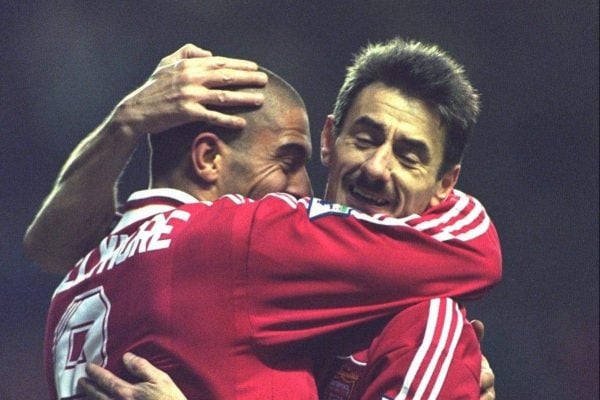
- 1980/81: 0 goals – 9 apps
- 1981/82: 30 – 49 apps
- 1982/83: 31 – 51 apps
- 1983/84: 47 – 65 apps
- 1984/85: 26 – 44 apps
- 1985/86: 33 – 56 apps
- 1986/87: 40 – 57 apps
- 1988/89: 11 – 32 apps
- 1989/90: 26 – 48 apps
- 1990/91: 26 – 48 apps
- 1991/92: 9 – 31 apps
- 1992/93: 22 – 42 apps
- 1993/94: 19 – 49 apps
- 1994/95: 19 – 50 apps
- 1995/96: 7 – 29 apps
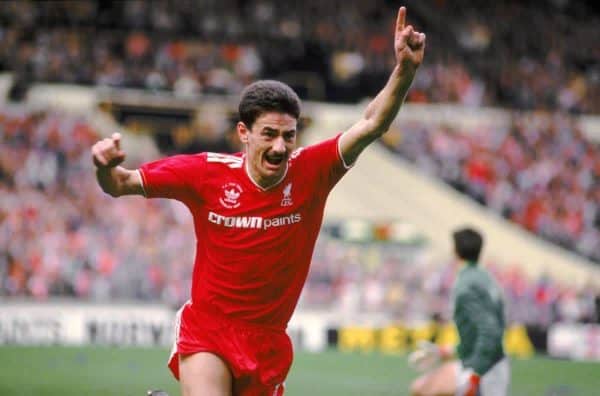

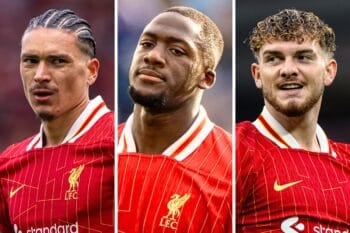

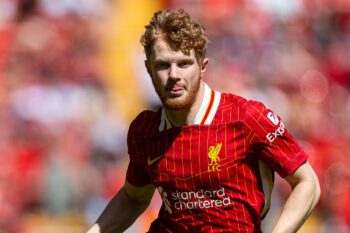
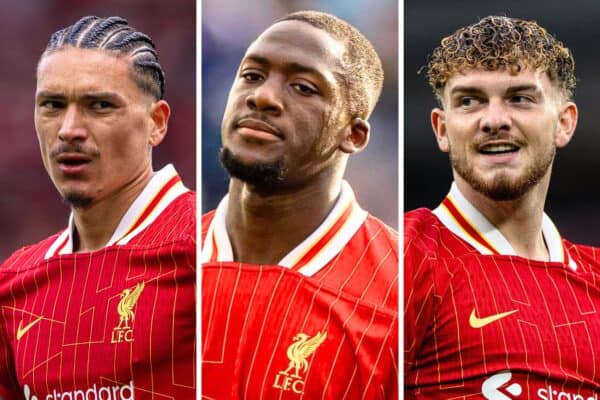

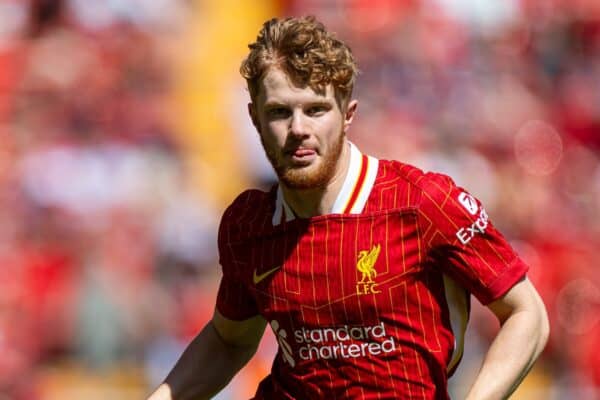

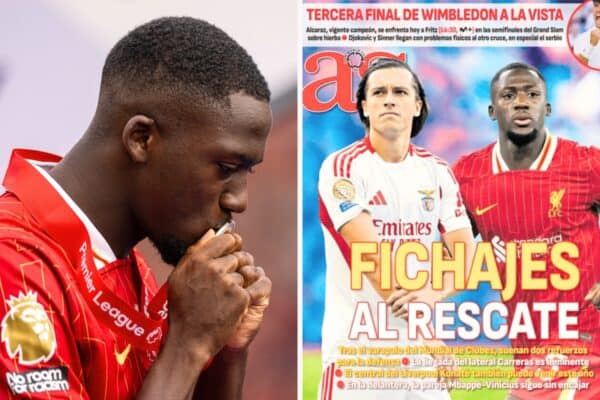
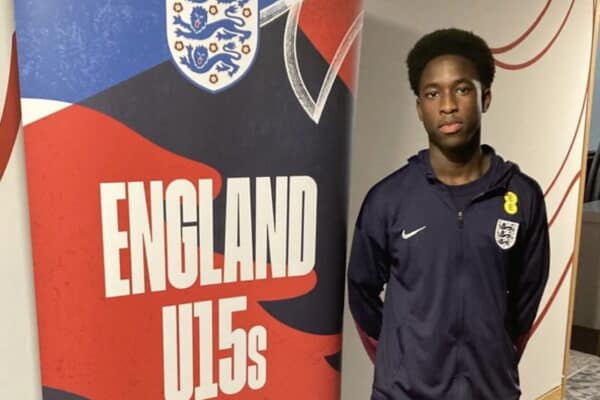
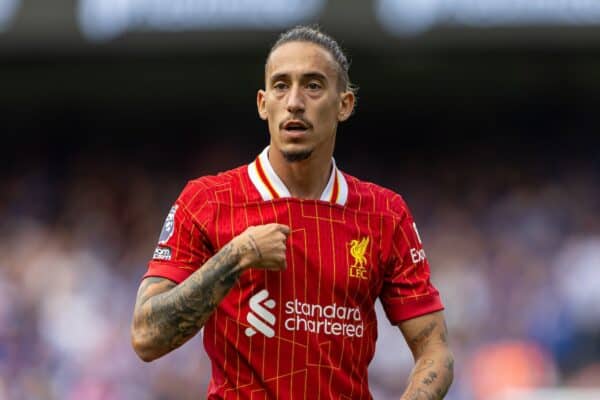
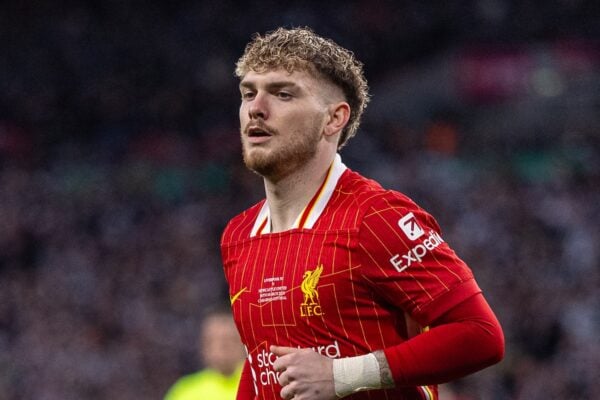
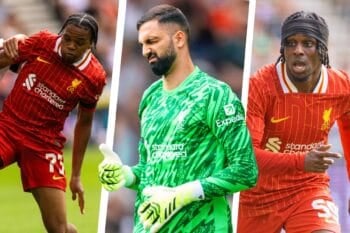
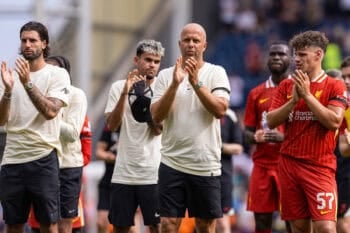

Fan Comments